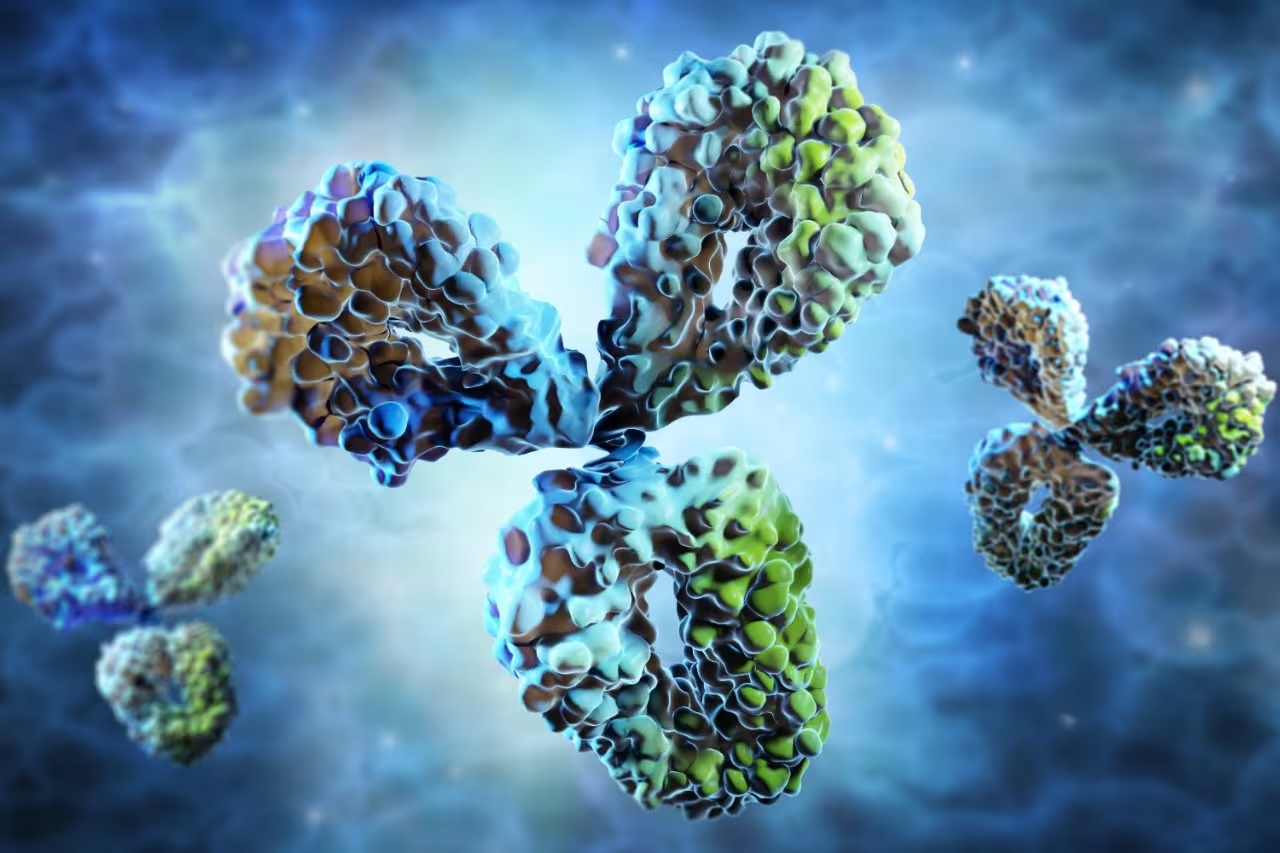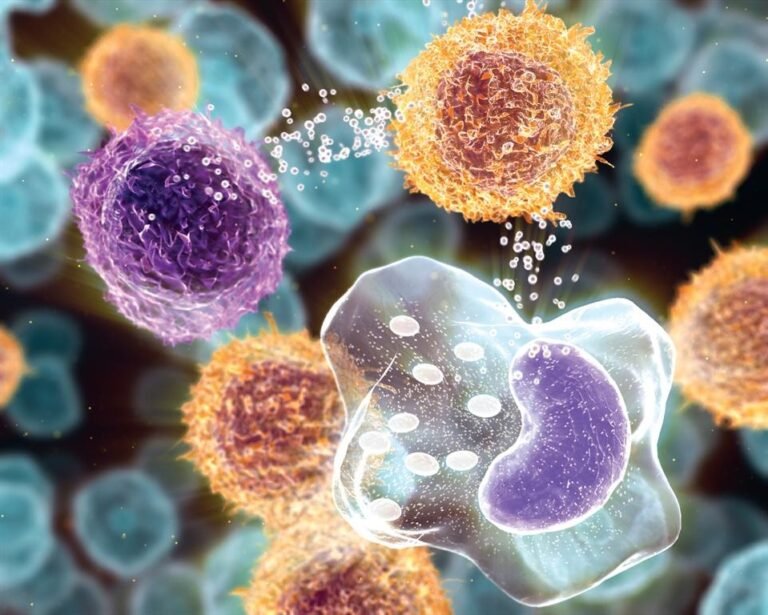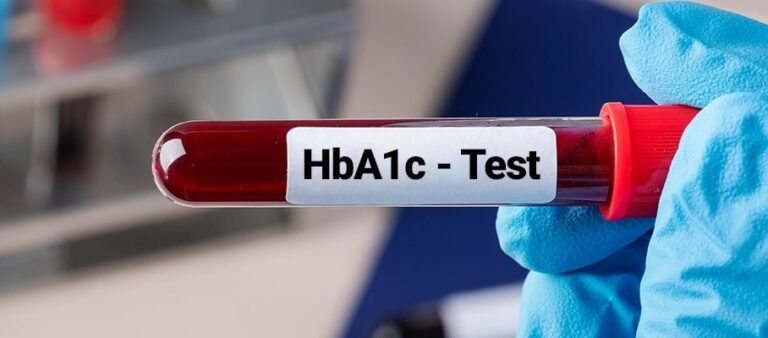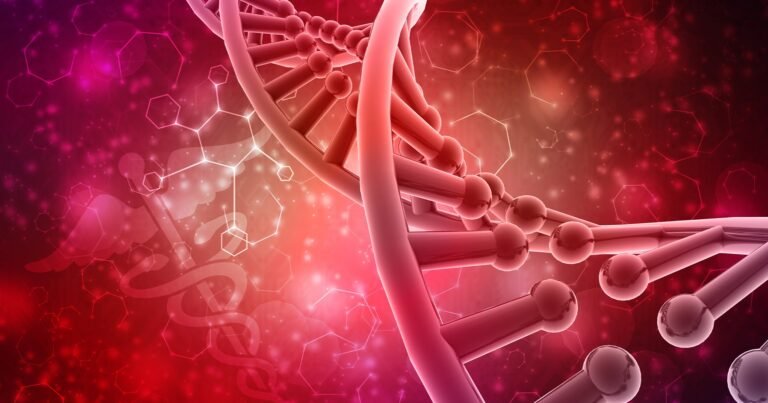Unlocking the Power of Antibodies in Research
Antibodies, or immunoglobulins, are Y-shaped proteins the immune system produces to identify and neutralize foreign objects like bacteria and viruses. These powerful molecules have revolutionized various research fields, from basic biology to clinical diagnostics and therapeutic development. Here’s a deep dive into the importance and applications of antibodies in scientific research.
What Are Antibodies?
Antibodies are produced by B-cells, a type of white blood cell, in response to antigens (foreign substances). Each antibody is unique, with a variable region that binds specifically to its corresponding antigen. This specificity allows researchers to target and study specific proteins within complex biological systems.
Types of Antibodies Used in Research
- Monoclonal Antibodies (mAbs): These are identical antibodies produced by a single clone of B-cells. They are highly specific to a single epitope of an antigen, making them ideal for applications requiring high specificity.
- Polyclonal Antibodies (pAbs): These are a mixture of antibodies produced by different B-cell clones in response to an antigen. They recognize multiple epitopes on the same antigen, providing robust detection but with less specificity compared to monoclonal antibodies.
- Recombinant Antibodies: Produced using recombinant DNA technology, these antibodies offer the benefits of consistency and reduced risk of batch-to-batch variability. They can be engineered to enhance specificity, affinity, and stability.
- Secondary Antibodies: These antibodies bind to primary antibodies. They are often conjugated with labels like enzymes or fluorophores to facilitate detection in various assays.
Applications of Antibodies in Research
- Western Blotting: Antibodies are essential for detecting specific proteins in a sample. Primary antibodies bind to the target protein, and secondary antibodies conjugated with an enzyme or fluorophore allow visualization.
- Immunohistochemistry (IHC) and Immunocytochemistry (ICC): Antibodies are used to detect proteins in tissue sections (IHC) or cell preparations (ICC). This application is crucial for studying protein localization and expression patterns in situ.
- Enzyme-Linked Immunosorbent Assay (ELISA): This technique uses antibodies to detect and quantify proteins, hormones, and other molecules in a sample. ELISAs are widely used in diagnostics and research for their sensitivity and specificity.
- Flow Cytometry: Antibodies conjugated with fluorescent dyes are used to analyze the expression of cell surface and intracellular proteins in single cells. This application is vital for immunophenotyping and cell sorting.
- Chromatin Immunoprecipitation (ChIP): Antibodies against specific proteins, such as transcription factors, are used to precipitate DNA-protein complexes. ChIP allows researchers to study protein-DNA interactions and epigenetic modifications.
- Therapeutic Antibodies: In addition to research, antibodies are also developed as therapies for diseases like cancer, autoimmune disorders, and infectious diseases. Understanding their mechanisms of action in research settings is critical for therapeutic advancements.
Challenges and Future Directions
While antibodies are powerful tools, their use in research comes with challenges. Non-specific binding, variability between batches, and the need for careful validation can complicate experiments. Advances in antibody engineering, such as the development of single-domain antibodies (nanobodies) and bispecific antibodies, promise to overcome some of these limitations.
The future of antibody research is bright, with ongoing innovations enhancing their specificity, affinity, and functionality. As we continue to unravel the complexities of biological systems, antibodies will remain indispensable tools in the quest for scientific discovery and therapeutic breakthroughs.
Conclusion
Antibodies are indispensable tools in research, offering unparalleled specificity and versatility. Their applications span various fields, enabling scientists to explore the molecular intricacies of life. As technology advances, the development of more refined and robust antibodies will undoubtedly drive further innovations in research and medicine.
By harnessing the power of antibodies, researchers at Amindo Biologics Pvt. Ltd. and beyond are poised to make groundbreaking discoveries that will shape the future of science and healthcare.







